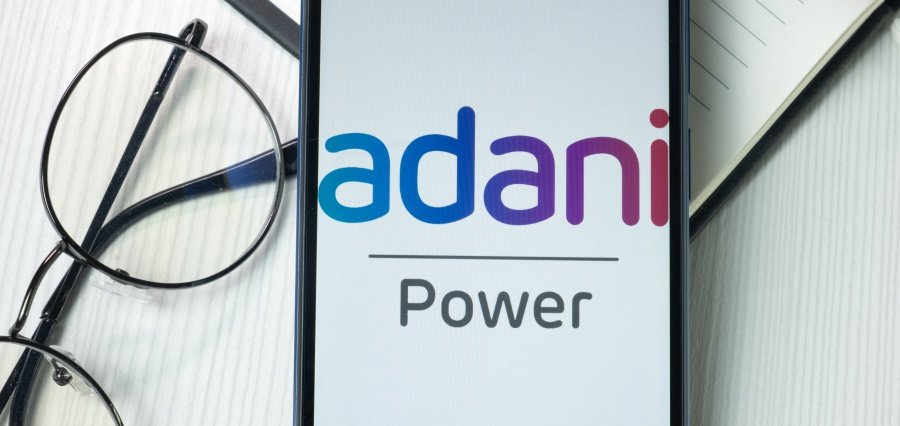In a strategic move to spearhead the transformation of India’s energy landscape, Adani Group Chairman Gautam Adani announced the conglomerate’s plan to invest more than $100 billion (approximately ₹8.34 lakh crore) in energy transition projects. Speaking at the ‘Infrastructure – the Catalyst for India’s Future’ event hosted by Crisil, Adani emphasized that the energy transition and digital infrastructure represent trillion-dollar opportunities poised to revolutionize both the domestic and global markets.
Adani highlighted that the Group is focusing on several key areas within the energy transition sector, including the manufacturing of electrolyzers essential for green hydrogen production, wind power turbines, solar panels, and the development of solar parks. Green hydrogen, produced through the electrolysis of water powered by clean energy, is anticipated to play a pivotal role in decarbonizing various industries and the transportation sector.
“The upcoming decade will witness our substantial investment exceeding $100 billion into the energy transition domain,” Adani stated. He elaborated that this investment would significantly enhance the Group’s integrated renewable energy value chain, which currently encompasses the production of every major component necessary for green energy generation.
Adani Group’s goal is to produce the “world’s least expensive green electron,” which will serve as a fundamental resource for industries striving to meet sustainability requirements. A notable project in this ambitious endeavor is the construction of the world’s largest single-site renewable energy park located in Khavda, Kutch, Gujarat. This facility is set to generate 30 gigawatts (GW) of power, thereby increasing the Group’s total renewable energy capacity to 50 GW by 2030.
The impact of these investments is expected to be profound. Adani pointed out that the global transition market, valued at approximately $3 trillion in 2023, is projected to expand to nearly $6 trillion by 2030, with further doubling every decade until 2050. In India, the transition to green energy is anticipated to create millions of new jobs across various sectors, including solar and wind energy, energy storage, hydrogen production and its derivatives, electric vehicle (EV) charging infrastructure, and grid development.
In addition to energy transition, Adani also addressed the significance of digital infrastructure. He described data as “the new oil,” emphasizing the critical role of data centers in powering computational needs, particularly those associated with artificial intelligence (AI) such as machine learning algorithms, natural language processing, computer vision, and deep learning.
Adani’s announcement underscores a significant commitment to advancing both energy and digital infrastructure, positioning the Adani Group at the forefront of global sustainability and technological innovation. The planned investments not only align with India’s ambitious renewable energy goals but also reflect a broader vision of transforming the energy and digital landscapes on a global scale.
Read Also: Adani Energy Solutions Completes Acquisition of Khavda Phase IV Transmission Project




